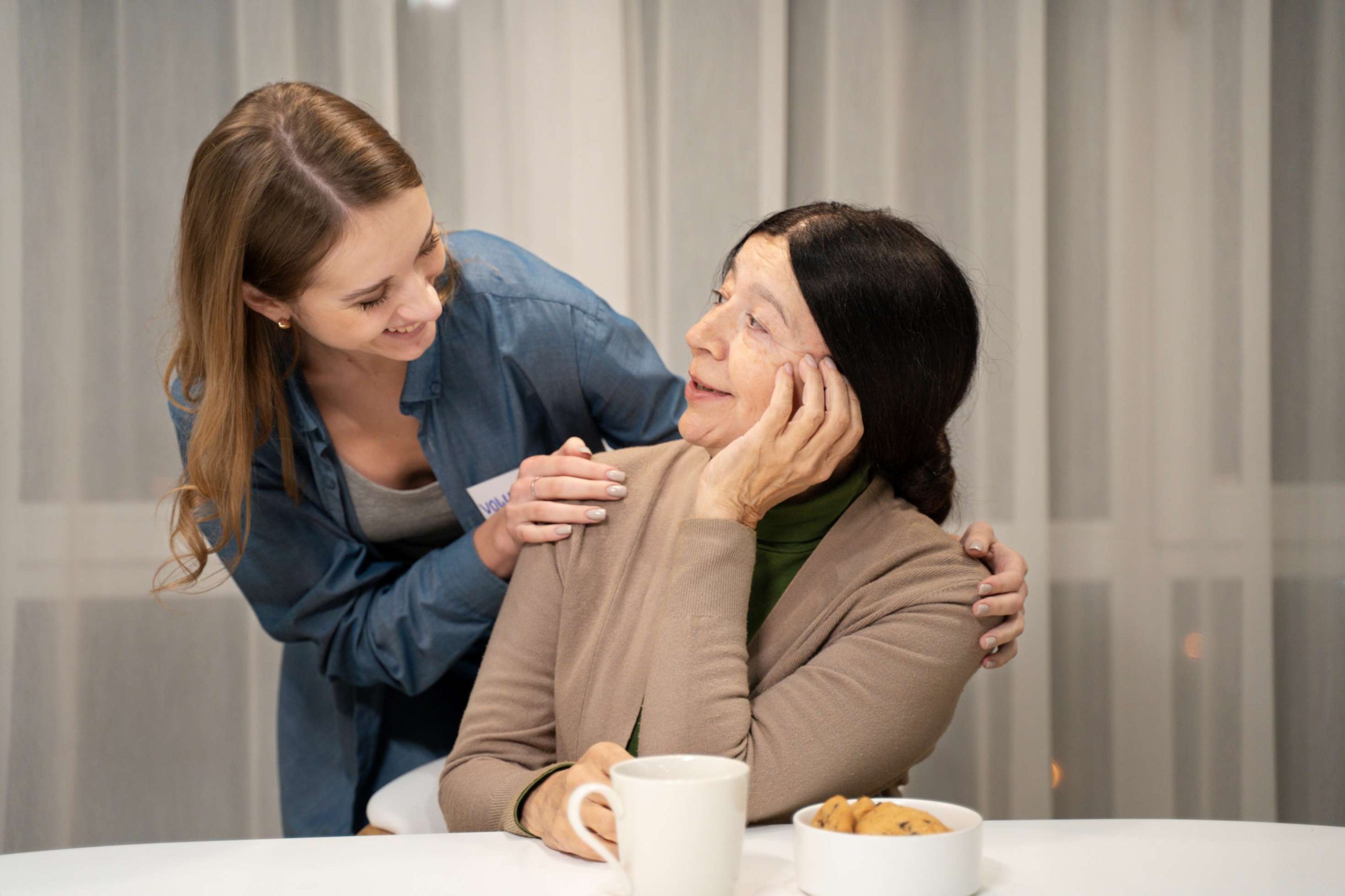Assisted living is an excellent option for individuals who value their independence but need a little extra support with daily activities. While making the decision to move a loved one into an assisted living community can feel overwhelming, recognizing the signs early can help ensure they receive the care, comfort, and connection they deserve.
Lets walk you through 11 key indicators that may be used to determine if it is time to consider assisted living. Knowing what to look for can help you feel more confident in making a decision that supports your loved one’s health, safety, and overall quality of life.
What is an Assisted Living Community?
An assisted living community is a residential care setting designed for individuals who can still live independently but benefit from assistance with daily activities such as bathing, dressing, medication management, and meal preparation. These communities offer around-the-clock support, access to healthcare providers, and a safe, social, and engaging environment.
11 Signs It Might Be Time for Assisted Living
While each person’s situation is unique, here are some common signs that your loved one may benefit from the support and structure of an assisted living community:
1. Difficulty with Everyday Tasks
If your loved one is struggling with household chores or personal care that were once routine, it might be time to consider assisted living. These communities provide personalized support with tasks like grooming, dressing, and meal preparation—ensuring your loved one’s comfort and dignity are maintained.
2. Feelings of Loneliness or Isolation
Social withdrawal can impact both emotional and physical health. If your loved one spends most of their time alone or seems disconnected, assisted living offers a vibrant community with opportunities to socialize, make new friends, and participate in engaging activities.
3. Falls or Safety Concerns at Home
Frequent falls or accidents may signal the need for a safer living environment. Assisted living communities are designed with senior safety in mind, featuring non-slip floors, grab bars, and emergency response systems to provide peace of mind for both residents and families.
4. Poor Nutrition or Weight Loss
Skipping meals or unintended weight loss can indicate that preparing food has become too difficult. Assisted living communities provide nutritious, chef-prepared meals and dietary oversight to ensure residents receive proper nourishment every day.
5. Neglected Personal Hygiene
Changes in grooming habits, such as not bathing regularly or wearing the same clothes repeatedly, may suggest that self-care has become challenging. In assisted living, residents receive discreet and compassionate assistance with personal hygiene so they can feel confident and well cared for.
6. Missed Medications or Appointments
Medication management is critical, especially for chronic health conditions. If your loved one is forgetting doses or missing medical appointments, assisted living staff can ensure medications are taken on schedule and appointments are kept.
7. Memory Issues or Confusion
Memory lapses or frequent confusion could be signs of cognitive decline. Assisted living teams are trained to provide gentle support and structured routines that help residents feel safe, secure, and empowered.
8. Financial Difficulties
Unpaid bills or financial disorganization may point to underlying issues. In assisted living, residents receive help with managing responsibilities, reducing stress, and protecting their financial well-being.
9. Limited Mobility
Struggles with walking, standing, or moving around the home can increase the risk of injury. Assisted living communities are designed for accessibility and offer mobility support so residents can move about confidently and safely.
10. Caregiver Stress or Burnout
Caring for a loved one is rewarding—but it can also be physically and emotionally draining. Assisted living provides families with valuable support, ensuring your loved one receives professional care while allowing you to recharge and maintain balance in your own life.
11. Progression of Chronic Health Conditions
As health needs grow more complex, the consistent and skilled care available in assisted living can make a meaningful difference. From managing diabetes to supporting mobility and heart health, residents receive personalized care tailored to their evolving needs.
Final Thoughts
Deciding to transition a loved one into assisted living is a deeply personal choice that requires compassion, reflection, and trust. By understanding the signs and evaluating your loved one’s needs, you can make an informed decision that enhances their quality of life.
Assisted living communities offer a supportive and engaging environment where residents enjoy not only personal care but also meaningful social interaction, well-balanced meals, and peace of mind for the entire family.
If you’re exploring assisted living in Redding, CA, reach out to Oakdale Heights Assisted Living community to learn more about how they can support your loved one’s next chapter.





